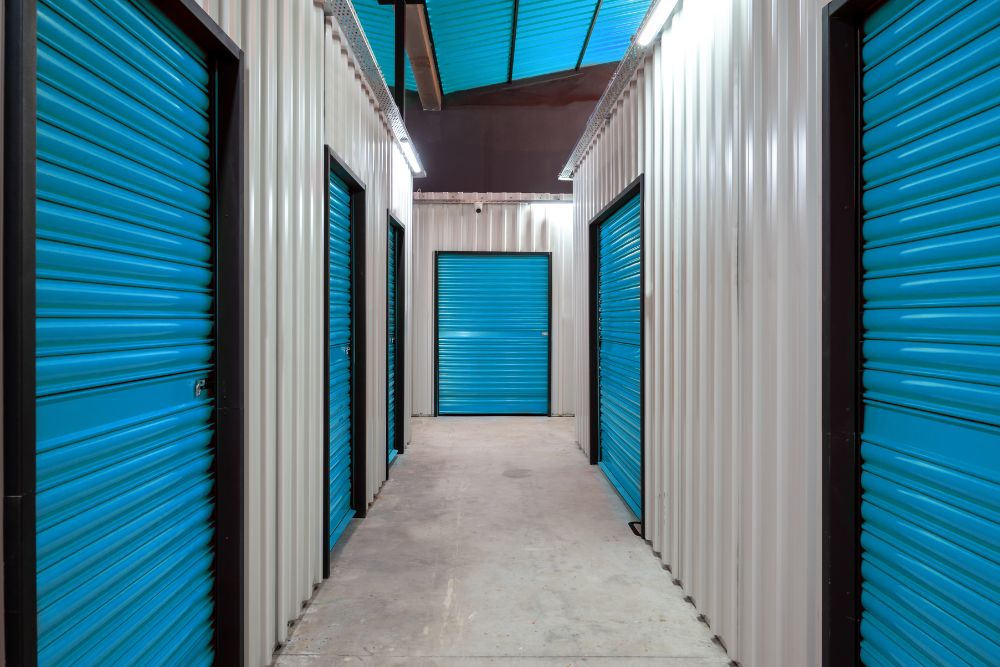
As a business owner, it is important to have a deep understanding of the logistics of your industry. A deep understanding of logistics includes understanding the advantages and disadvantages of different facility types. Today, we are here to clarify one important and often misunderstood distinction: the difference between a warehouse and a storage facility.
Defining Warehousing and Storage
Warehousing involves storing goods in a large commercial building for an extended period. Warehouses primarily focus on the efficient handling and movement of goods. They help businesses store and organize products to facilitate easy access and distribution of items.
Storage facilities are more simplistic. Their main function is to provide space for businesses and individuals to store their items and keep them safe. When securing a storage unit, you may not need to distribute your items or access them all the time. However, you have an interest in keeping those items safe and secure.
Types of Warehousing
As mentioned above, warehouses prioritize efficiency above all else. The goal of a warehouse is to help a business store its items safely and immediately dispatch them to the correct location. Here are the most common types of warehousing facilities:
- Distribution centers: These bustling hubs receive products, store them briefly, and ship them out quickly to retailers or consumers.
- Fulfillment centers: Catering largely to e-commerce businesses, these warehouses store products and pick, pack, and ship them once they receive an order.
- Cold storage warehouses: As the name suggests, cold storage warehouses are climate-controlled to store perishable items like food and pharmaceuticals.
- Bonded warehousing: Bonded warehouses are secure areas where businesses can store imported goods until a business pays the customs duty.
Types of Storage
Las Vegas commercial storage units offer businesses a range of options to protect and store their assets. Here are the most common types of storage that you will find in the Los Vegas area:
- Self-storage units: Self-storage units are individual units that businesses can rent to store excess inventory and equipment.
- Climate-controlled storage: These units maintain a consistent temperature and humidity level and are well-suited for sensitive items.
- Mobile storage: Businesses can rent these portable units and have the storage company move them to a desired location.
- Specialized storage: Businesses typically use specialized storage for items like artwork, important documents, or electronics that require specific maintenance instructions.
Differences Between the Two
Although they both store items for businesses, warehouses and storage facilities cater to distinct needs and operate on different principles. The differences between the two involve the following elements:
- Functionality: Warehouses store items, manage inventory, package goods, and facilitate shipments. Storage facilities are static spaces concerned predominantly with keeping items safe.
- Duration: Goods in a warehouse are generally stored for shorter periods, often moving in and out rapidly. Storage facilities typically house items for longer periods.
- Space management: Warehouses emphasize the efficient use of space, ensuring quick movement and access. Storage facilities prioritize security and may not necessarily optimize for space.
- Access: Warehouses usually have robust systems for regular access and distribution, while storage facilities often only have one person listed as the tenant on a contract.
Though subtle, the difference between a warehouse and a storage facility can play a significant role for businesses. While both provide space for goods, warehouses play an active role in business operations, and storage facilities provide a more passive protection function. Contact Capitol North American to learn more about our storage and distribution solutions in Las Vegas.

